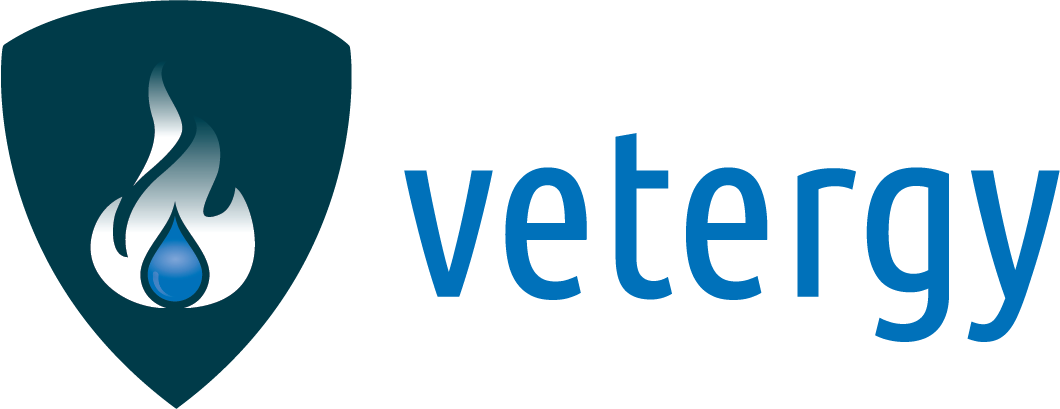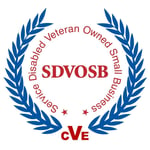The COVID-19 pandemic compelled organizations to change; and change quickly. In a military-like pace, people changed how they work, how they communicate, and how they live.
Under normal circumstances, however, behavioral change is difficult and is in opposition to our evolutionary programming. As men and women of habits, we are comforted by the status quo. It is not surprising that most of New Year resolutions fail -- change is hard.
To understand why change is so difficult, we must first understand why the status quo, or the 'default', is so powerful. In a study published in the journal Science, Columbia University professors Eric Johnson and Daniel Goldstein found that people's decision to enroll as organ donors depended almost exclusively on the default choice on the form at the DMV. Because most DMV forms defaulted people to opt-out as organ donors, the rate of organ donation in these countries was abysmally low. Interestingly, in countries where the default option was to opt-in, the donation rate more than doubled! Indeed, the default is a powerful anchor to human behavior.
Much like the forms at the DMV, organizations operate on a wide range of 'defaults', which come from norms established over decades of organizational inertia. Although organizational structures and routines can facilitate work efficiency, the same structures may impose inflexible 'defaults' on organizational mindsets and behaviors, which can undermine the overall resilience of an organization.
Over time, however, organizations inevitably become rigid in their policies, procedures, and operations. As illustrated in the study on organ donations, these defaults are heavy anchors to organizational behaviors even if they do not contribute to the organization's goals and values. Defaults are particularly hard to overcome due to prior escalation of resources that helped establish them.
To remain competitive, organizations must constantly adapt to changing demands of the workforce. This can be achieved by establishing a culture of learning through resilient leadership. Leaders must acquire skills and competencies that allow them to overcome their instinctual inclination toward the status quo in order to transform their organization.
At Vetergy, we combine the science of human behavior with decades of field experience in volatile environments to support your transformation journey. We focus on both the cultural and human aspects of organizational effectiveness to help you achieve your goals. Despite the relative fixedness of human behavior, the COVID19 pandemic has taught us that human resilience can, in fact, triumph over human nature.
Transformation starts with knowing where you are. Take this self-assessment to find out how many of the 15 Core Factors of Resilience you achieve.
Or to learn more about how human factors affects your organization, read about our Human Factors program here.



 1200 Corporate Drive, Ste 170
1200 Corporate Drive, Ste 170




